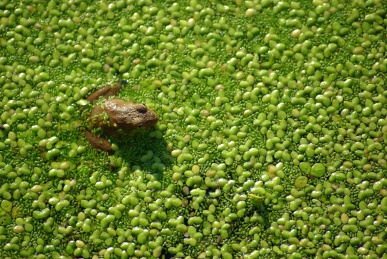A Guide to Developing a Sustainable Food Purchasing Policy
 Monday, January 14, 2008
Monday, January 14, 2008 I discovered this new resource for policy-makers and advocates via Walking-the-Talk, the website of the BC Working Group on Sustainability Education:
A Guide to Developing a Sustainable Food Purchasing Policy
Some background from this document:
This document is intended to help universities, colleges, hospitals, and other institutions – as well as those advocating for food system change – create, promote and implement practical sustainable food purchasing policies. It draws from the successes and lessons learned by a variety of institutions, and from the experience of for-profit and non-profit partnersthat have worked with institutions in this arena. This document does not promote any particular policy positions, butrather offers a framework to help you develop policies that will be meaningful and achievable for your institution.
This document is a product of the Sustainable Food Policy Project, which was initiated in 2006 to support efforts by educational, healthcare and other institutions to have a positive impact on the food system through purchasing. The Project has three primary objectives:1. To collect and share sample food purchasing policies addressing a range of social and environmental concerns, as well as related requests for information (RFIs), requests for proposals (RFPs) and contract language.
2. To identify and outline sustainable food purchasing policy options, the implications of these policies for institutions, and their potential for beneficial impacts on the food system.
3. To share insights on the policy development process, and on the implementation and evaluation of sustainable food purchasing policies, drawing from the experience of representatives, constituents and stakeholders of institutions that have gone down this road.
Participating organizations include:
• Association for the Advancement of Sustainability in Higher Education, a membership-based association of colleges and universities in the U.S. and Canada working to create a sustainable future.
• Food Alliance, a non-profit organization that creates market incentives for socially and environmentally responsible agricultural practices, and that educates business leaders and other food system stakeholders on the multiple benefits of sustainable agriculture.
• Health Care Without Harm, a global coalition of 443 organizations in 52 countries working to protect health by reducing pollution in the health care industry.
• Institute for Agriculture and Trade Policy, a non-profit organization that promotes resilient family farms, rural communities and ecosystems around the world through research and education, science and technology, and advocacy.
• Oregon Center for Environmental Health, a membership organization dedicated to protecting public health and the environment through community action to eliminate toxic pollutants.More information and sample purchasing policies can be found at www.SustainableFoodPolicy.org.
